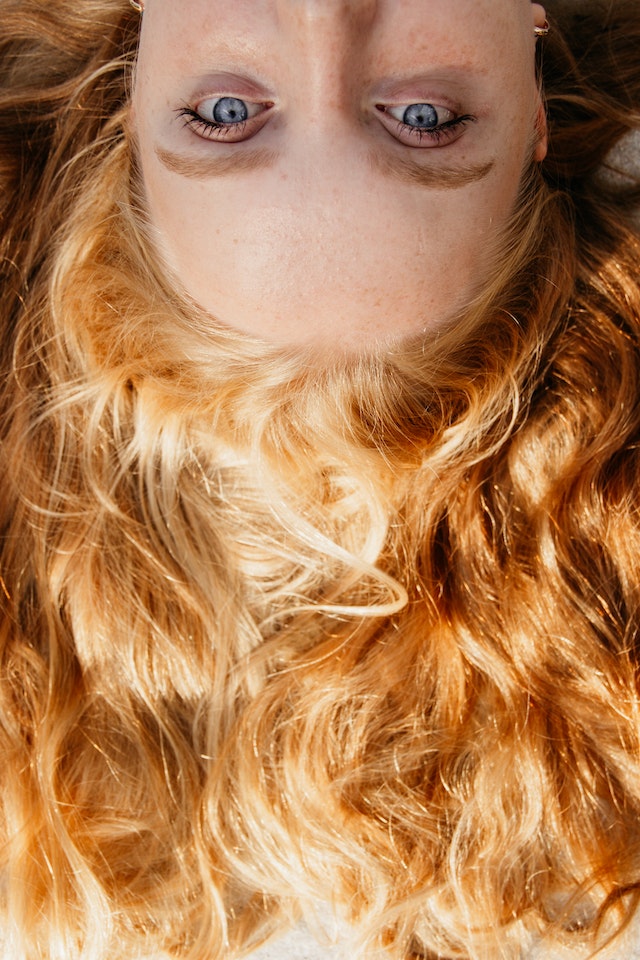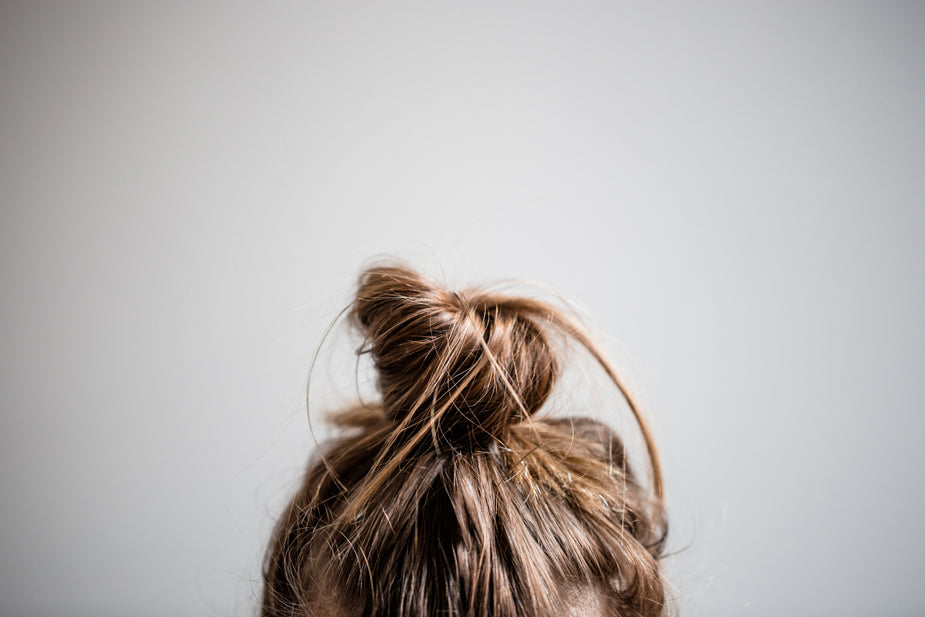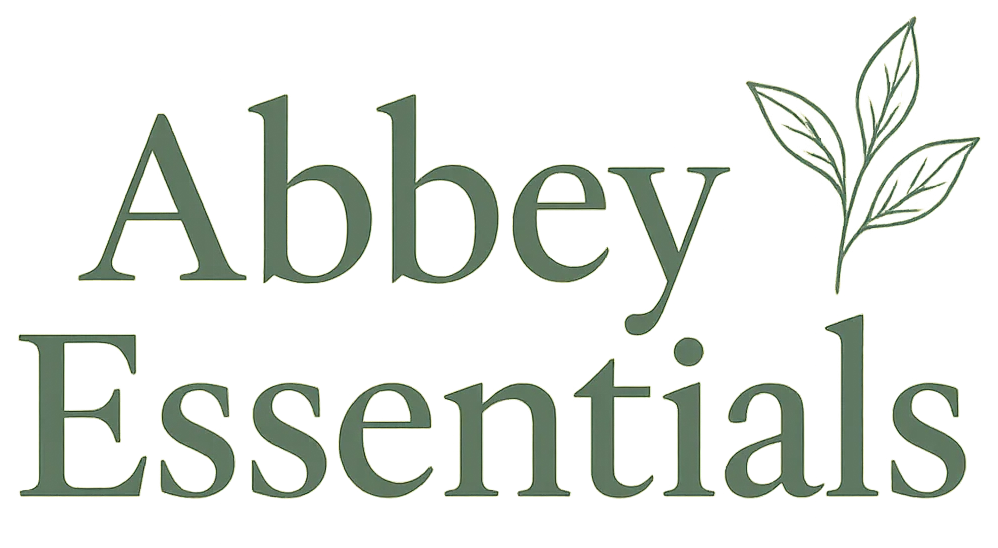
Radiant, lustrous hair isn't just a dream reserved for hair commercials – it's attainable with the power of nature's best-kept secret: essential oils. These concentrated plant extracts have been used for centuries to promote hair health, address common concerns, and provide an aromatic spa-like experience. In this guide, we'll delve into the world of essential oils for healthy hair, answering your burning questions and sharing valuable tips, recipes, and insights. Get ready to embark on a journey toward vibrant and enviable tresses!
Understanding the Benefits of Essential Oils for Hair
Essential oils are potent extracts derived from plants, capturing their unique aromas and therapeutic properties. When skilfully incorporated into your hair care routine, essential oils can help address a range of hair concerns, from thinning hair to frizz and dandruff.
Nourishing Your Scalp and Locks; Essential Oils for Hair Health
Several essential oils are commonly recommended for addressing thinning hair and promoting hair growth. While individual responses may vary, the following essential oils are often considered beneficial for supporting healthier hair and scalp conditions.
7 Best Essential Oils for Thinning Hair
- Rosemary Oil: Rosemary oil is a popular choice for promoting hair growth and improving hair thickness. It is believed to increase blood circulation to the scalp, which can help nourish hair follicles and encourage hair growth. Mix a few drops of rosemary oil with a carrier oil and massage it into your scalp.
-
Lavender Oil: Lavender oil has calming and soothing properties, and it may help reduce stress, which can contribute to hair loss. It is also believed to promote a healthy scalp environment for hair growth. Mix lavender oil with a carrier oil and apply it to your scalp.
-
Peppermint Oil: Peppermint oil is known for its cooling and stimulating effects. It may help increase blood flow to the scalp and promote hair growth. Dilute peppermint oil in a carrier oil and massage it onto your scalp, but be cautious as it can be potent and cause a tingling sensation.
-
Cedarwood Oil: Cedarwood oil is thought to help balance oil production in the scalp, which can be beneficial for addressing thinning hair. It may also have antimicrobial properties that support a healthier scalp. Mix cedarwood oil with a carrier oil and apply it to your scalp.
-
Thyme Oil: Thyme oil contains compounds that are believed to support hair growth and reduce hair loss. It may also have antimicrobial properties that can contribute to a healthier scalp environment. Mix thyme oil with a carrier oil and massage it onto your scalp.
-
Clary Sage Oil: Clary sage oil is thought to regulate oil production and improve scalp health. It may help promote a balanced environment for hair growth. Dilute clary sage oil in a carrier oil and apply it to your scalp.
-
Jojoba Oil: While not an essential oil, jojoba oil is a carrier oil that closely resembles the natural oils produced by the scalp. It can help moisturise the scalp and support overall hair health.
Remember that these essential oils should be properly diluted in a carrier oil before applying to the scalp to avoid skin irritation. Also, individual sensitivities can vary, so it's essential to perform a patch test before using any new essential oil.
It's important to note that while these essential oils may have potential benefits for thinning hair, they are not a guaranteed solution for all cases of hair loss. If you are experiencing significant hair thinning or loss, it's advisable to consult a healthcare professional or dermatologist to determine the underlying cause and explore appropriate treatment options.

Soothe and Calm with Essential Oils for Itchy, Dry and Flaky Scalp
An itchy scalp can be uncomfortable and may result from various factors, including dryness, irritation, allergies, or underlying skin conditions. Essential oils with soothing, anti-inflammatory, and anti-fungal properties can help alleviate itchiness and promote a more comfortable scalp.
Here are some essential oils that are commonly recommended for addressing an itchy scalp:
- Tea Tree Oil: Tea tree oil is well-known for its antimicrobial and anti-fungal properties. It can help address fungal issues that may contribute to itchiness, such as dandruff. However, use tea tree oil in low concentrations to avoid skin irritation.
- Lavender Oil: Lavender oil has calming and anti-inflammatory properties that can help soothe an irritated scalp and reduce itching.
- Chamomile Oil: Chamomile oil is known for its anti-inflammatory and soothing effects. It can help alleviate itching and provide relief to a sensitive scalp.
- Peppermint Oil: Peppermint oil has a cooling sensation that can help relieve itching and discomfort on the scalp. It also has antimicrobial properties that may be beneficial.
- Eucalyptus Oil: Eucalyptus oil has anti-inflammatory and antifungal properties that can help reduce itchiness and inflammation on the scalp.
- Rosemary Oil: Rosemary oil's circulation-enhancing properties may help improve blood flow to the scalp, potentially reducing itchiness and promoting a healthier scalp environment.
- Frankincense Oil: Frankincense oil has anti-inflammatory and calming properties that can help soothe an irritated scalp and provide relief from itching.
- Geranium Oil: Geranium oil can balance oil production on the scalp and has anti-inflammatory properties that can address itchiness.
If your scalp itchiness persists or worsens, it's recommended to consult a healthcare professional or dermatologist to determine the underlying cause and receive appropriate treatment.

Boosting Hair Growth and Thickness Naturally
10 Essential Oils that boosts Hair Growth
While no single essential oil can guarantee rapid and guaranteed hair growth, there are several essential oils that are commonly recommended for their potential to support and promote healthier hair growth. Remember that individual responses may vary, and results may take time to become noticeable. Here are some essential oils that are often considered beneficial for hair growth:
- Rosemary Oil: Rosemary oil is frequently recommended for hair growth due to its ability to improve circulation to the scalp. Increased blood flow can nourish hair follicles and promote hair growth. It is also believed to inhibit the production of DHT, a hormone that can contribute to hair loss.
- Lavender Oil: Lavender oil's calming properties can help reduce stress, which may be linked to hair loss. It is also believed to have a positive impact on hair follicles and promote a healthy scalp environment for hair growth.
- Peppermint Oil: Peppermint oil's cooling and stimulating effects may improve blood circulation to the scalp, potentially promoting hair growth. It's important to dilute peppermint oil properly and be cautious, as it can cause a tingling sensation.
- Cedarwood Oil: Cedarwood oil is thought to balance oil production in the scalp, which can be beneficial for supporting hair growth. It may also have antimicrobial properties that contribute to a healthier scalp environment.
- Thyme Oil: Thyme oil contains compounds that are believed to encourage hair growth and reduce hair loss. Its potential antimicrobial properties can also support scalp health.
- Ylang Ylang Oil: Ylang ylang oil is thought to help balance oil production and stimulate the scalp, potentially promoting hair growth and thickness.
- Clary Sage Oil: Clary sage oil may regulate oil production, supporting a balanced scalp environment for hair growth.
- Jojoba Oil: Although not an essential oil, jojoba oil is a carrier oil that closely resembles the natural oils produced by the scalp. It can help moisturise and nourish the scalp, supporting overall hair health.
- Carrot Seed Oil: Carrot seed oil is believed to have antioxidant properties that can support a healthy scalp and hair follicles.
Remember that consistency is key when using essential oils for hair growth, and results may take time to become evident. Always dilute essential oils properly in a carrier oil and perform a patch test before applying to your scalp to avoid adverse reactions. If you have underlying medical conditions or are taking medications, it's a good idea to consult a healthcare professional before incorporating essential oils into your hair care routine.
Recipe for Promoting Hair Growth
Massage your scalp once per week with 2-3 drops of rosemary and peppermint oils diluted in a tablespoon of jojoba oil. Shampoo and condition as normal.

Taming the Mane: Essential Oils for Frizz and Damaged Hair
Frizzy hair can often benefit from essential oils that have moisturizing, nourishing, and smoothing properties. While no single essential oil is a one-size-fits-all solution for frizz, some oils can help improve the appearance and manageability of frizzy hair. Here are a few essential oils that are commonly recommended for addressing frizz:
- Lavender Oil: Lavender oil has calming and soothing properties that can help tame frizz and provide a more manageable texture. It also has moisturizing qualities that can help hydrate dry hair.
- Rosemary Oil: Rosemary oil can help improve circulation to the scalp, promoting healthier hair follicles and potentially reducing frizz. It may also strengthen hair strands and improve overall hair health.
- Chamomile Oil: Chamomile oil is known for its calming and anti-inflammatory properties. It can help soothe an irritated scalp and add shine to frizzy hair.
- Ylang Ylang Oil: Ylang ylang oil has a balancing effect on scalp oil production, which can be beneficial for those dealing with both dry and oily hair. It can help smooth frizz while adding a pleasant floral scent.
- Cedarwood Oil: Cedarwood oil is believed to balance oil production on the scalp, potentially addressing the root causes of frizz. It may also contribute to a healthier scalp environment.
- Geranium Oil: Geranium oil has a balancing effect on oil production and can help improve the appearance of frizzy hair. It is also known for its pleasant scent.
- Argan Oil: While not an essential oil, argan oil is a carrier oil rich in nutrients and fatty acids. It is excellent for taming frizz, adding shine, and providing deep hydration to hair strands.
Remember that the effects of essential oils can vary from person to person, and consistent use over time is usually required to see noticeable improvements in frizz. If you have any underlying scalp conditions or concerns, it's a good idea to consult a dermatologist or healthcare professional before using essential oils on your hair.

DIY Delights: Incorporating Essential Oils into Your Hair Care Routine
Mixing Essential Oils with Shampoo and Conditioner
Enhance your hair care products by adding 3-5 drops of your favourite essential oil per tablespoon of shampoo or conditioner.
Essential Oil Hair Perfume Spray Recipe
Create a fragrant mist with distilled water and 10 drops of your preferred essential oil. Mist lightly over your hair for a delightful aroma.
Aromatherapy Hair Rinse: Recipe and Benefits
Prepare an aromatherapy hair rinse by adding a few drops of lavender or chamomile oil to a bowl of water. Use as a final rinse after shampooing.
How to dilute essential oils for a Safe and Effective Use on your Hair
- Dilute essential oils properly in a carrier oil before applying to your scalp. A common dilution ratio is about 2-3% (2-3 drops of essential oil per 1 teaspoon of carrier oil).
- Perform a patch test before applying essential oils to your scalp to check for any adverse reactions or sensitivities.
- Apply the diluted essential oil blend to your scalp, focusing on areas with itching and discomfort. Gently massage it into the scalp using your fingertips.
- Leave the blend on your scalp for at least 30 minutes to a few hours before washing your hair.
- Consistent use is key. Aim to use the blend 1-3 times a week or as needed.
Your Hair Deserves the Best
Your hair is more than just strands; it's a reflection of your overall well-being and self-care. By incorporating essential oils into your hair care regimen, you're embracing a natural and holistic approach to achieving and maintaining healthy, beautiful hair. From soothing an itchy scalp to promoting hair growth and taming frizz, essential oils offer a myriad of benefits that cater to your unique needs.
As you begin, keep in mind a few additional tips and considerations:
- Patience and Consistency: Achieving noticeable results with essential oils may take time, especially when addressing concerns like hair growth or scalp issues. Be patient and consistent in your application, and over time, you may witness the positive transformations.
- Listen to Your Hair: Your hair is unique, and what works for one person may not work for another. Pay attention to how your hair responds to different essential oils and blends. Adjust your choices based on your hair's needs and preferences.
- Quality Matters: Opt for high-quality, pure essential oils to ensure you're receiving the full benefits of their natural properties. Look for oils that are labeled as "100% pure" and sourced from reputable brands.
- Professional Guidance: If you have underlying scalp conditions, allergies, or concerns about using essential oils, it's advisable to consult a dermatologist or healthcare professional before incorporating them into your routine.
The world of essential oils is a treasure trove of aromatic delights and natural remedies that can improve your hair care routine. With the insights and recipes shared in this guide, you're now well-equipped to create personalised blends that address your hair's specific needs.
Say goodbye to harsh chemicals and hello to the nourishing embrace of nature. Your hair deserves the very best, and with essential oils, you can unlock the secrets to healthy, vibrant, and enviable locks. Embrace the beauty of essential oils and embark on a journey to hair perfection that's as holistic as it is luxurious. Your hair will thank you with every radiant strand.


0 comments